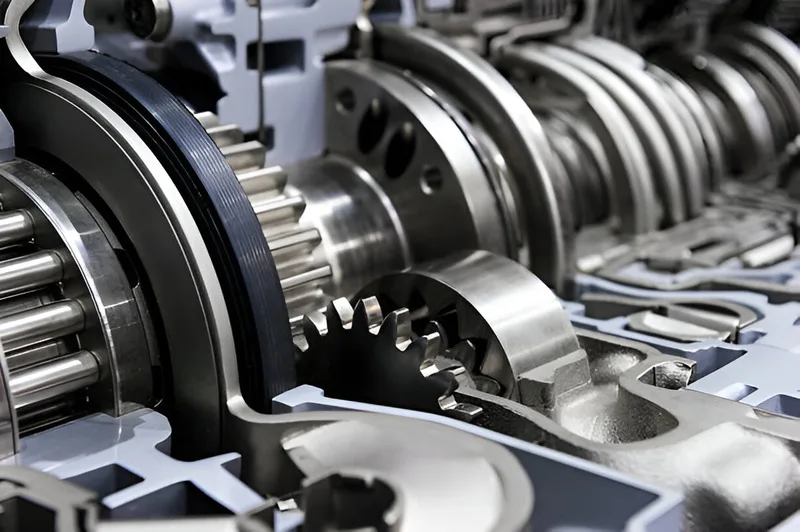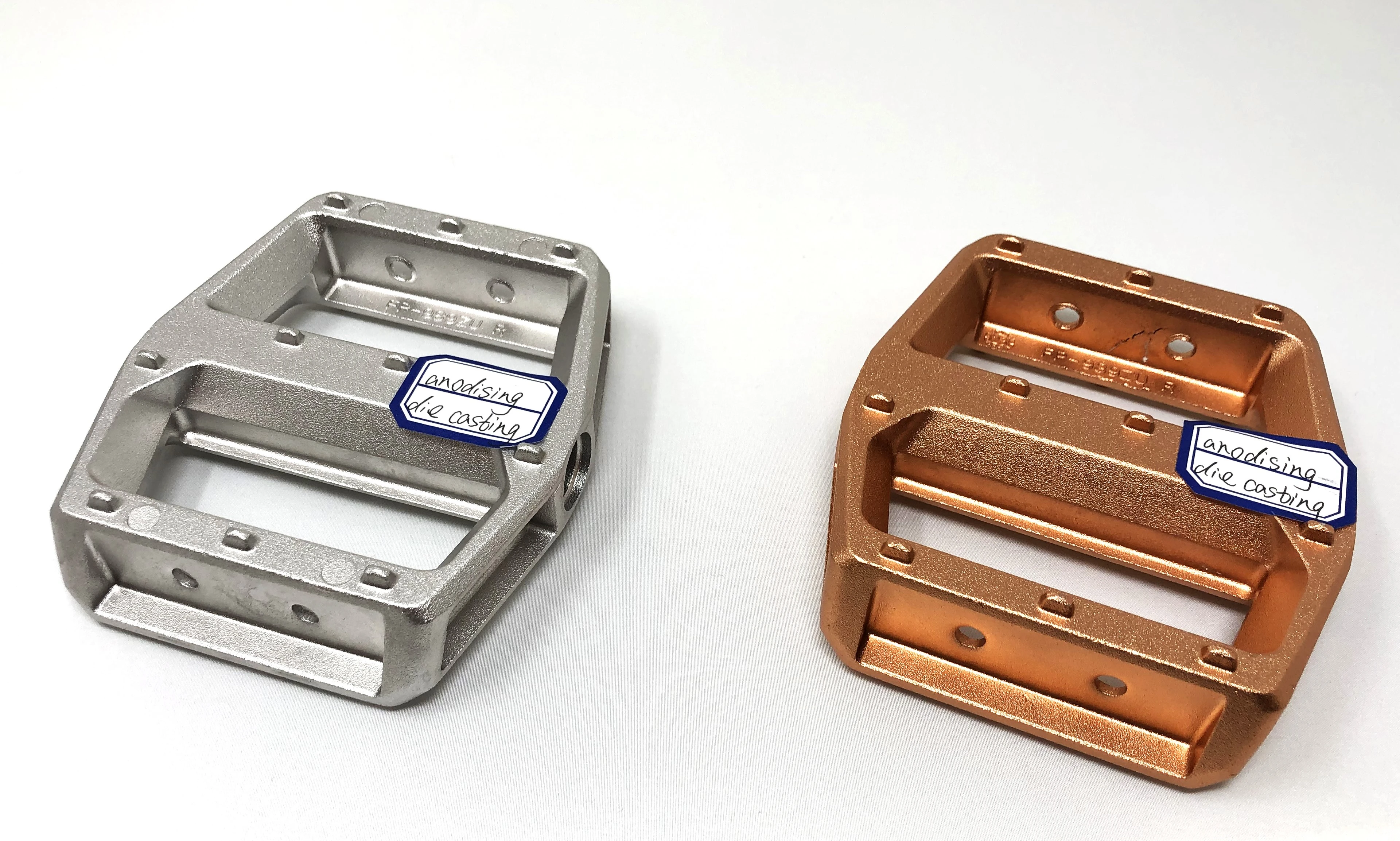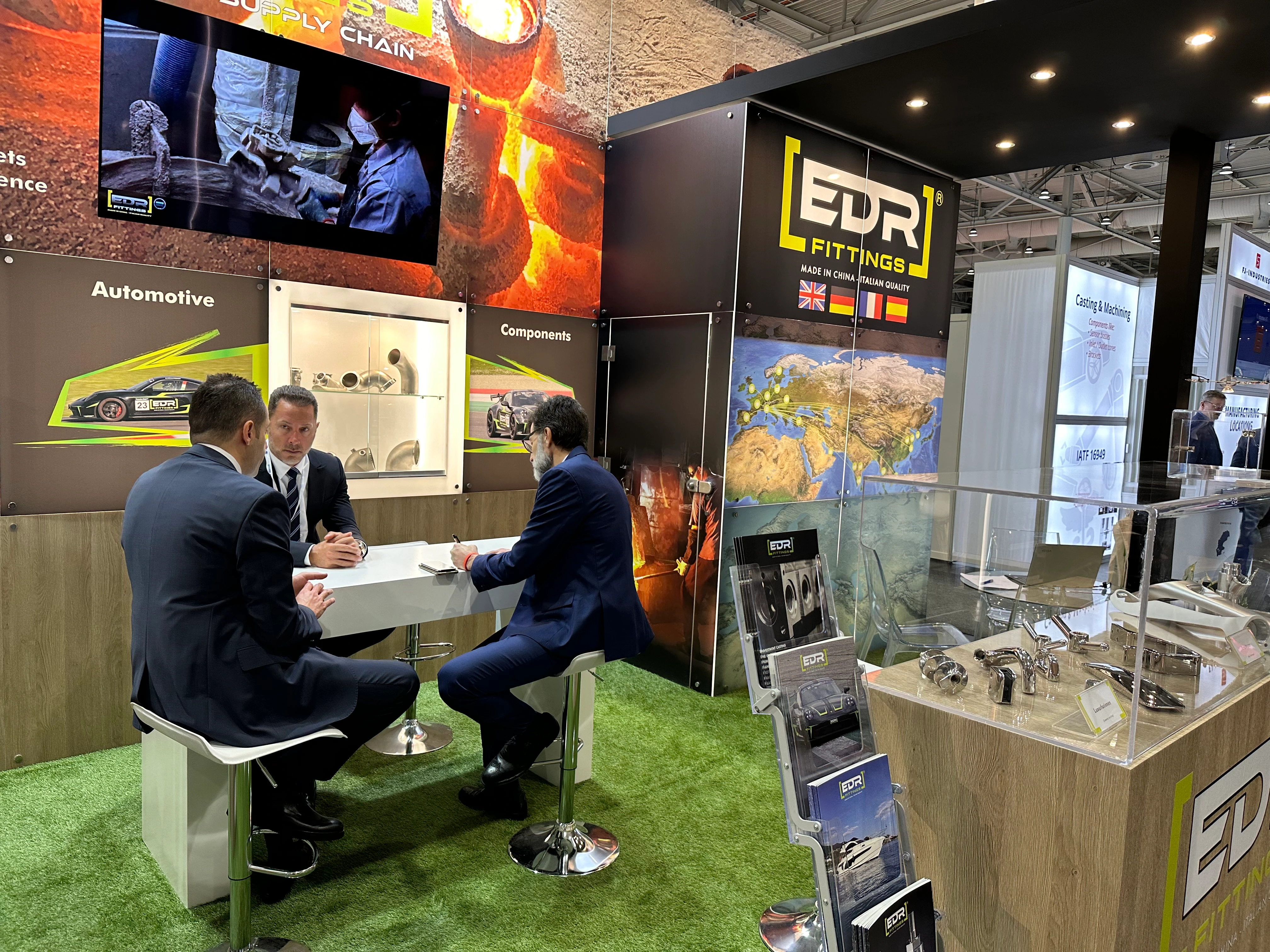As a European leader in outsourced manufacturing of investment castings, machining, and assemblies, EDR Fittings made a significant impression at their debut at Hannover Messe 2024, showcasing their innovative Liquid Forging process for creating mechanical parts from aluminum alloy. This breakthrough technique merges the benefits of traditional casting and forging, producing complex, durable parts with minimal material waste. EDR Fittings' presentation highlighted the advantages of Liquid Forging, its impact on various industries, and how it stands out as a transformative process for large-scale production.
The Liquid Forging Process
It is a hybrid technique that involves pouring molten aluminum into a die, followed by applying high pressure to forge the part. This process, which incorporates aspects of both casting and forging, yields a variety of advantages. For instance, compared to standard casting, Liquid Forging creates parts with higher mechanical strength and less porosity, leading to more durable components.
The process also allows for complex geometric shapes and smoother surface finishes, reducing the need for extensive machining after production. Moreover, it offers greater precision, lower material waste, and enhanced environmental sustainability due to the efficient use of raw materials.
The process is ideal for creating strong, complex metal parts on a large scale. Its benefits, such as the ability to anodize aluminum parts for added corrosion resistance, make it particularly useful for industries where durability and appearance are crucial.

Training and the Future of the Workforce
A major concern in the manufacturing sector today is the shortage of skilled labor, and MECSPE 2024 directly addressed this challenge. The event's MECSPE Young&Career initiative provided training opportunities for young people looking to enter the industry. Workshops, educational events, and direct interactions with companies allowed aspiring professionals to gain insights into potential career paths.
In addition, MECSPE LAB, which included participation from universities such as the University of Bologna, highlighted student-led innovation projects. One of the standout presentations was an all-electric boat designed with environmentally sustainable materials. These initiatives not only showcased the importance of innovation but also underlined the value of nurturing the next generation of engineers and technicians.

Key Advantages of Liquid Forging
The Liquid Forging process brings several benefits that make it an attractive option for industries relying on high-performance aluminum alloy parts:
Reduced Material Waste
One of the top advantages is that it minimizes material waste. It leads to cost savings and improved sustainability. Unlike other processes where excess material must be removed, it ensures that more raw material is used in the final product.
Precision in Design
Another major benefit is the ability to create complex shapes. Traditional forging has limitations when it comes to precision and intricacy, but liquid forging excels in this area. It is perfect for producing components with intricate geometries that would be challenging to achieve otherwise.
High Mechanical Properties
Liquid forging enhances the mechanical characteristics of aluminum parts. It includes their tensile strength, fatigue resistance, and impact durability, ensuring they can withstand heavy loads and repetitive use.
Complex Geometries
Liquid forging excels at producing parts with intricate shapes and designs. It is essential in industries like automotive and aerospace, where complex forms are common and hard to make with traditional methods.
Smoother Surfaces
Liquid forging results in a smoother external surface. It reduces the need for finishing treatments like sanding or polishing. This is particularly beneficial in applications where smooth surfaces are necessary, such as in automotive and aerospace components.
Anodization Possibilities
The aluminum parts can be anodized, offering enhanced corrosion resistance and aesthetic appeal. It is especially crucial for the automotive, aerospace, and construction industries.
Large-Scale Production
The efficiency of the process also makes it highly suitable for mass production, where consistency and reliability are key to maintaining quality across high volumes.
Applications Of Liquid Forging
It is quickly gaining popularity in industries that demand both precision and strength. Here's how it's making an impact:
Automotive Industry
The automotive sector is always looking for ways to reduce vehicle weight while maintaining performance and safety. Aluminum alloy parts made via liquid forging are strong and lightweight, making them ideal for use in critical areas such as suspension systems, engine components, and even transmission parts.
Aerospace
Aerospace manufacturers are increasingly turning to liquid forging for components that need to be lightweight yet robust. The process allows for the production of landing gear, wing structures, and other parts that must withstand immense stress while keeping aircraft weight to a minimum.
Medical Industry
In the medical field, precision and reliability are paramount. Liquid forging creates biocompatible, corrosion-resistant components like surgical instruments and prosthetic implants, where strength and a smooth finish are important.
Construction and Infrastructure
Structural parts used in buildings and bridges benefit from the improved strength and corrosion resistance provided by Liquid Forging.

How Liquid Forging Stands Out from Traditional Methods
Compared to other methods, Liquid Forging stands out due to its ability to combine the benefits of casting with the strength advantages of forging. Traditional forging methods, such as open or closed-die forging, involve shaping materials under extreme pressure but do not offer the same design complexity possible with Liquid Forging. Similarly, casting processes, such as die casting, can produce complex shapes but often at the cost of mechanical properties like toughness and resistance to fatigue. This hybrid process minimizes these trade-offs by offering complexity, durability, and efficiency in a single production method. Liquid Forging can achieve higher levels of structural integrity and precision, making it more suited for industries with stringent performance demands. In the automotive sector, for example, liquid forging is an excellent alternative to traditional aluminum forging because it offers better control over the shape and structure of components, ensuring higher mechanical properties and reducing material wastage.
Future of Liquid Forging
The presentation of Liquid Forging at Hannover Messe 2024 marked a pivotal moment in the evolution of manufacturing techniques. The combination of casting and forging allows manufacturers to produce parts with better mechanical properties. It maintains cost efficiency, scalability, and versatility across many applications. Industries are increasingly prioritizing sustainability, strength, and innovation. Liquid Forging is set to play a key role in meeting these demands.


